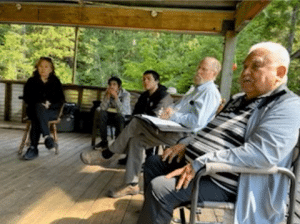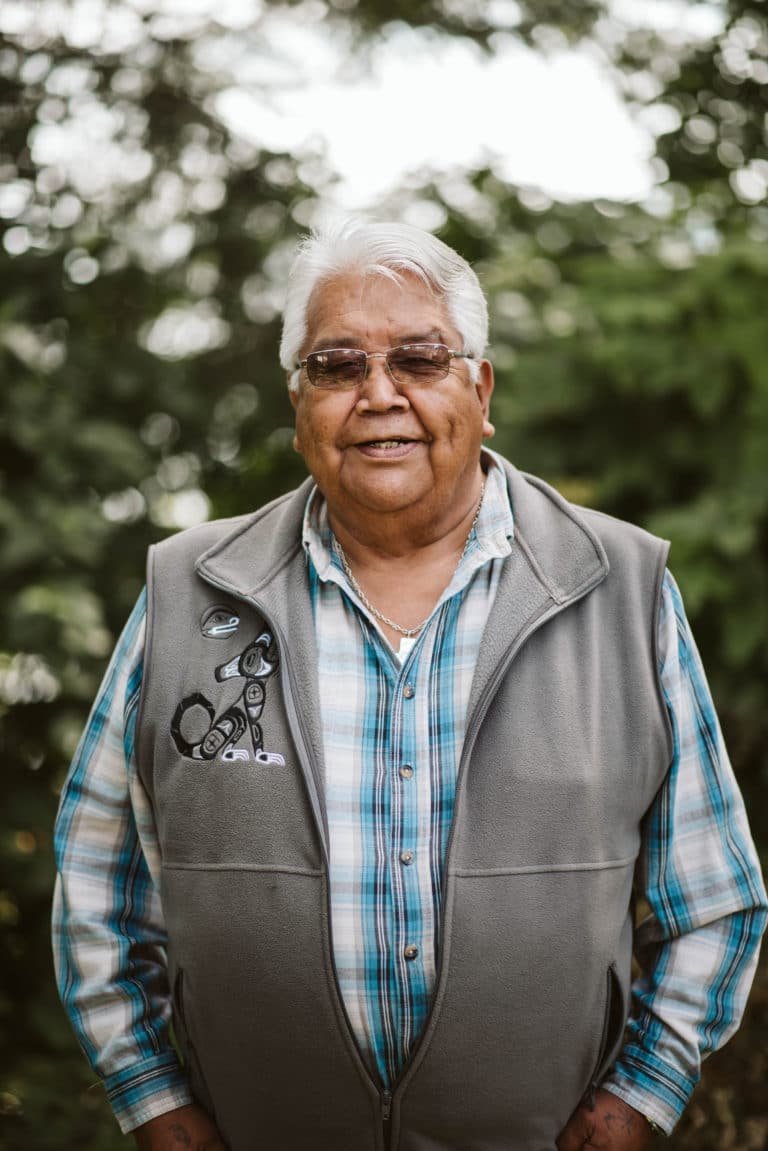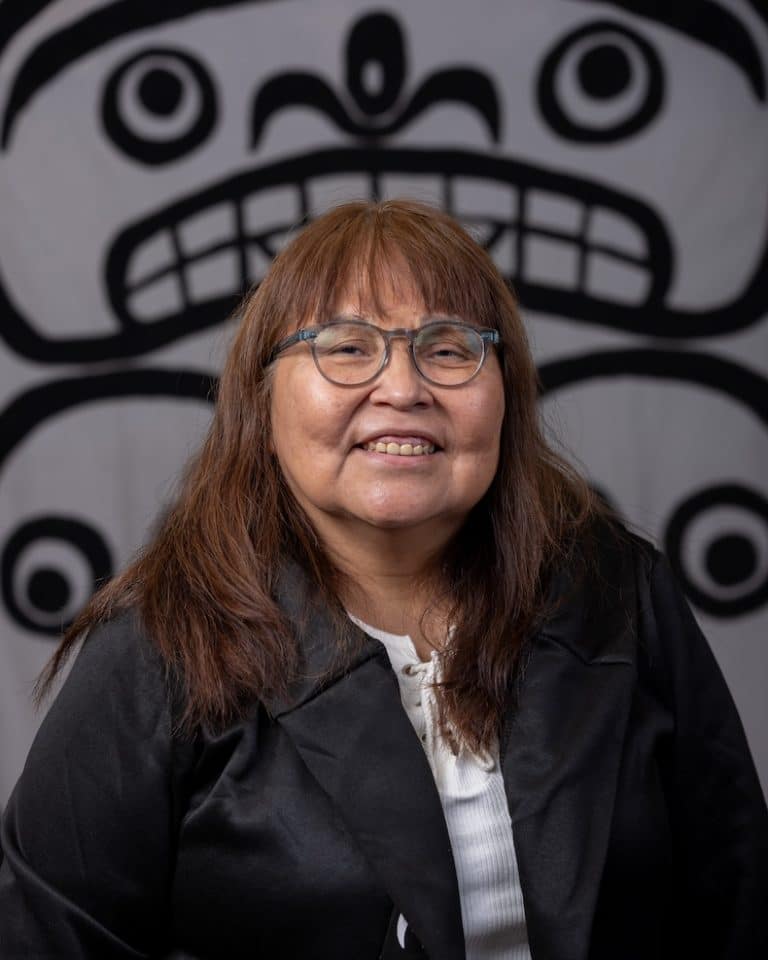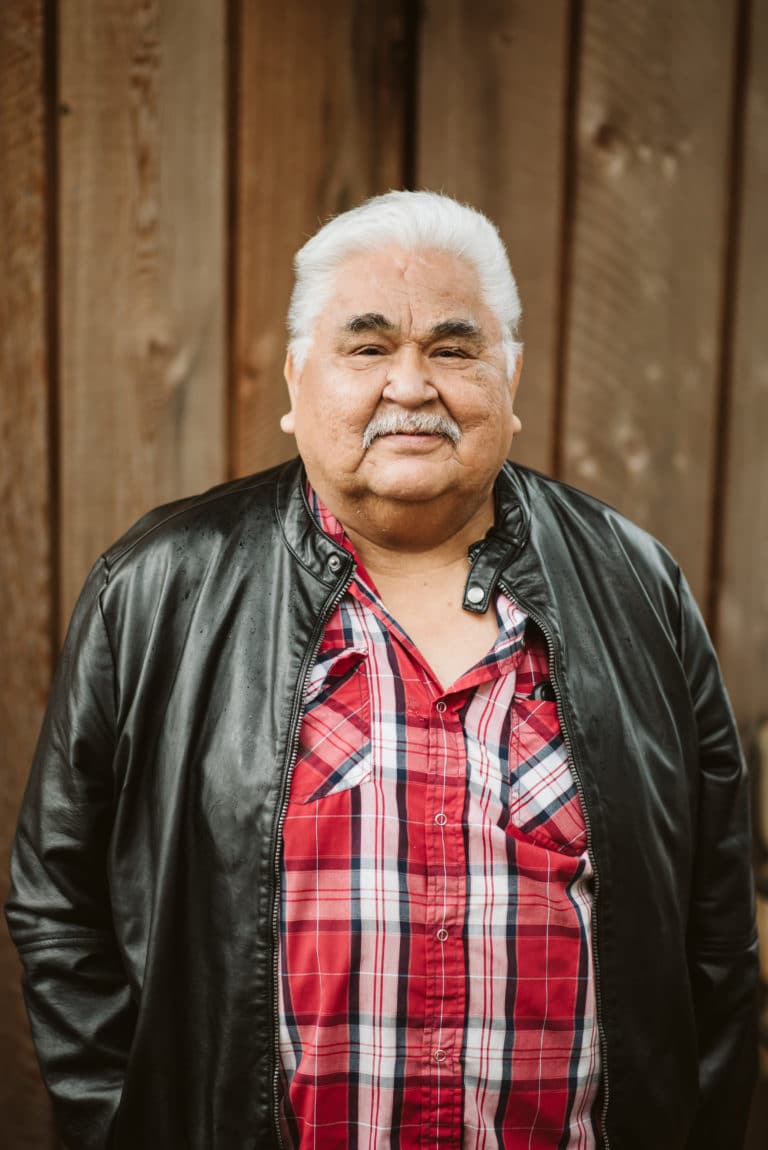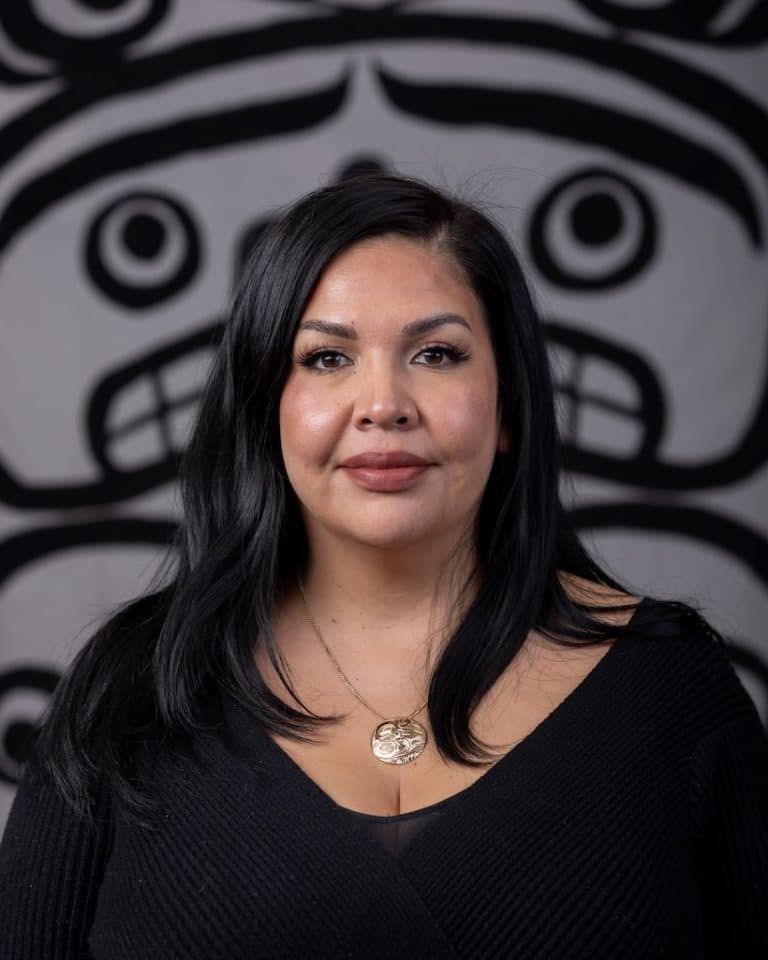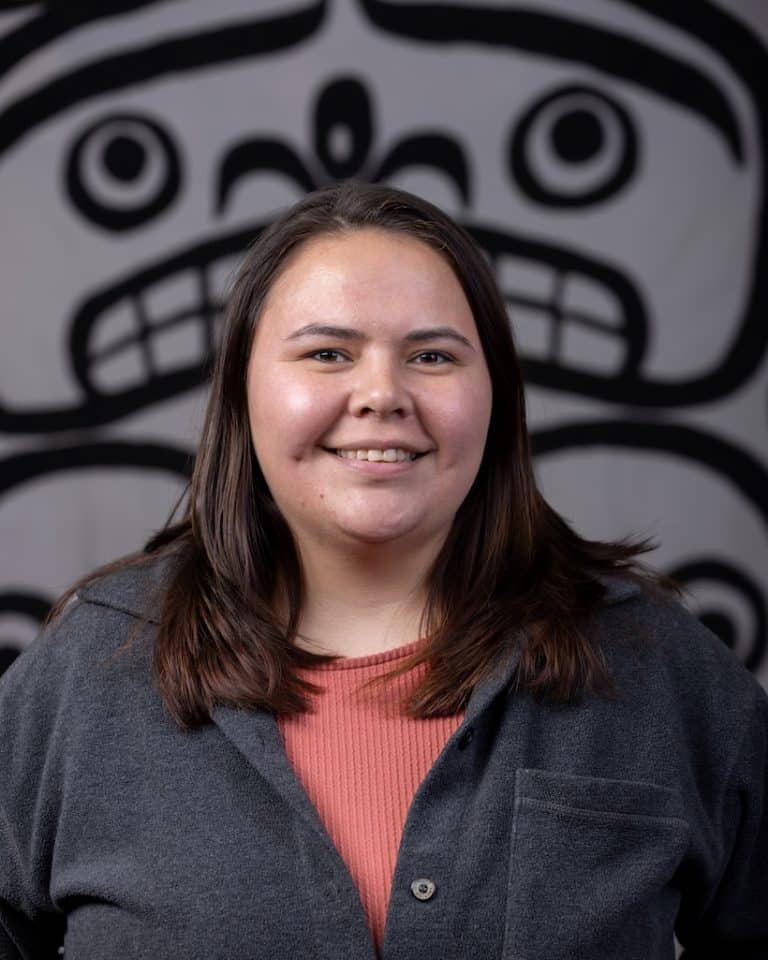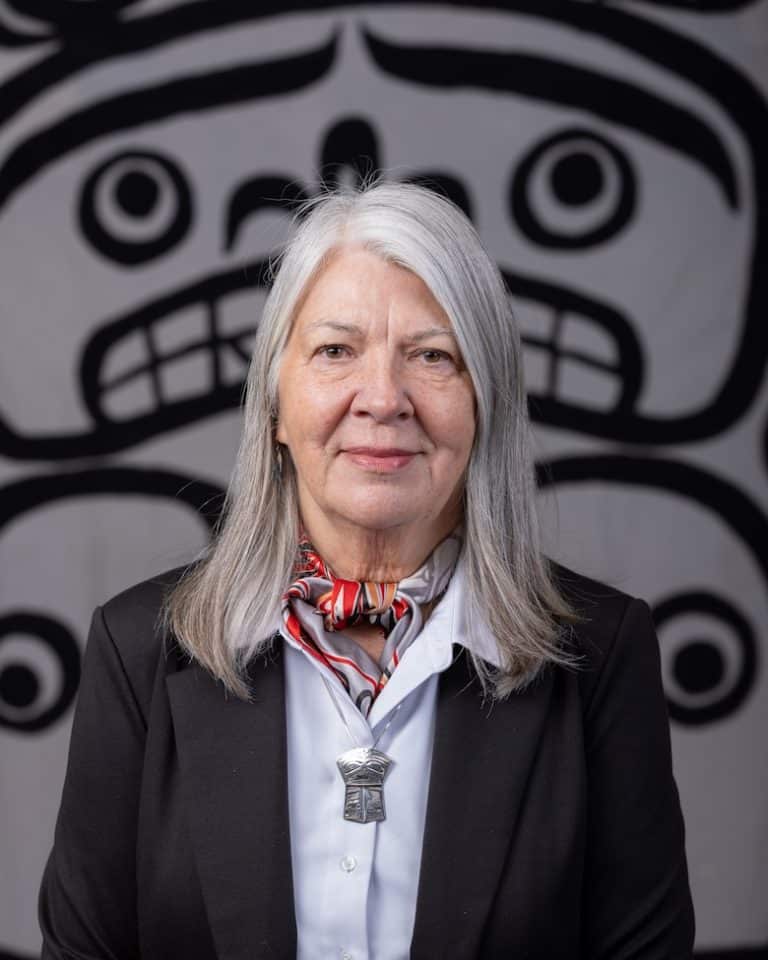land code
What is Land Code?
Land Code is a document created by the Nation to replace sections of the Indian Act that relate to reserve land management. If members vote in favour, the Nation will manage and protect reserve lands according to our way of doing things.
We currently have 27 reserves, including Tsulquate. We will develop laws and regulations to control what happens on our reserves. Once we develop the Land Code, members will vote on whether to take back control of our reserves.
We signed an initial management agreement, which is called a framework agreement, with Canada to develop a Land Code. We are developing an individual agreement that we will sign if members vote to accept the Land Code.
How is a Land Code created?
The Nation has established a Land Code Committee to guide the process of developing a Land Code. The Committee reflects a balance of Gwa’sala-‘Nakwaxda’xw leaders, Elders, youth, and Matriarchs.
The key role of the Committee is to engage with members, to understand your concerns and priorities when it comes to managing our reserve lands. The Committee also assists and provides feedback when drafting the Land Code in a way that reflects our way of doing things.
Where we are now
Before we accept ownership and management of reserves, the reserve boundaries will be resurveyed. Some reserve surveys were completed in the 1800s! There will be environmental assessments of each reserve to ensure polluted areas are identified and cleaned up.
If members vote yes to the Land Code, the Nation would receive yearly funding, including:
- Operational funding from Canada which could result in over $250,000; and,
- Transitional funding of $75,000 for each of the first two years.
The funding would be used to continue the Lands Advisory Committee to build capacity in reserve land management and to develop levels and procedures.
The benefits of Land Code are numerous. If the Nation were to have a Land Code, it would mean:
- Removal of reserve lands from 44 sections of the Indian Act;
- Community control over reserve land management and development;
- Recognition of legal capacity to acquire and hold property, to borrow, to contract, to expend and invest money, and to be part of legal proceedings;
- Inclusion of both off-reserve and on-reserve members in important decisions;
- Enhance the Nation’s ability to protect the environment on reserves;
- Create a local dispute resolution process regarding lands;
- The Nation will have control over helping members get ownership of homes and lands on reserve;
- GNN will be able to pass and enforce stronger laws, such as laws to remove drug dealers on our lands; and,
- The community would be able to issue development and building permits to ensure safe and healthy buildings.
